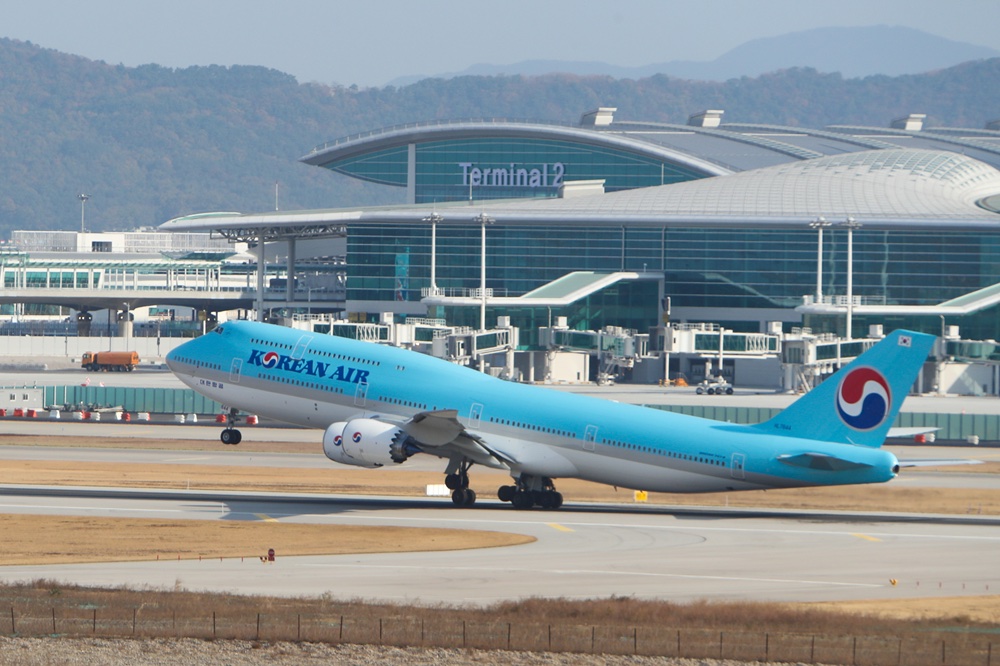
Korean Air is set to bolster its international services for the summer 2024 season, commencing on March 31. The expansion plan includes resurrecting flights to four cities across China, Europe, and Southeast Asia, and ramping up the frequency of flights on key routes. This strategic move aims to elevate the airline’s international capacity to approximately 96% of the levels observed before the pandemic, utilizing available seat kilometers (ASK) as a measure of capacity.
The airline is responding to the anticipated high demand for summer travel by resuming thrice-weekly flights between Seoul Incheon and Zurich on April 2. Further enhancing its network, Korean Air will reconnect Seoul Incheon with Zhangjiajie with three weekly flights starting on April 23. Zhangjiajie, a UNESCO World Natural Heritage site known for inspiring the fictional world of Pandora in “Avatar”, is poised to attract travelers with its cinematic landscapes.
On April 24, the airline resumes its operation of four weekly flights to Zhengzhou, enriching its offerings to China. Zhengzhou is celebrated for its natural wonders such as Taihangshan, referred to as the “Grand Canyon of China”, and the historical Shaolin Temple. Additionally, daily flights on the Busan-Bangkok route will recommence on April 25, marking an end to a nearly four-year hiatus caused by the pandemic.
In response to the increasing travel demand, Korean Air will also augment the frequency of flights on several popular routes in Europe, Southeast Asia, and North America. Effective adjustments include upscaling Seoul Incheon-Budapest flights from three to four times a week, Seoul Incheon-Bangkok flights from three to four times daily, and Seoul Incheon-Manila flights from two to three times daily. Since January, the airline has added two more weekly flights to the Seoul Incheon-Bali route to offer eleven weekly flights. This aims to provide travelers with enhanced flexibility and convenience.
In North America, the frequency of flights on the Seoul Incheon-Dallas route will be increased from four weekly flights to daily flights. The increased services promise improved connectivity for passengers traveling to and from Dallas, a significant business and cultural hub in the south-central United States.
Korean Air has committed to closely monitoring seasonal trends and travel demands across its global network. The airline’s objective is to optimize scheduling and enhance the overall customer experience by adjusting service offerings in line with shifting travel patterns.




